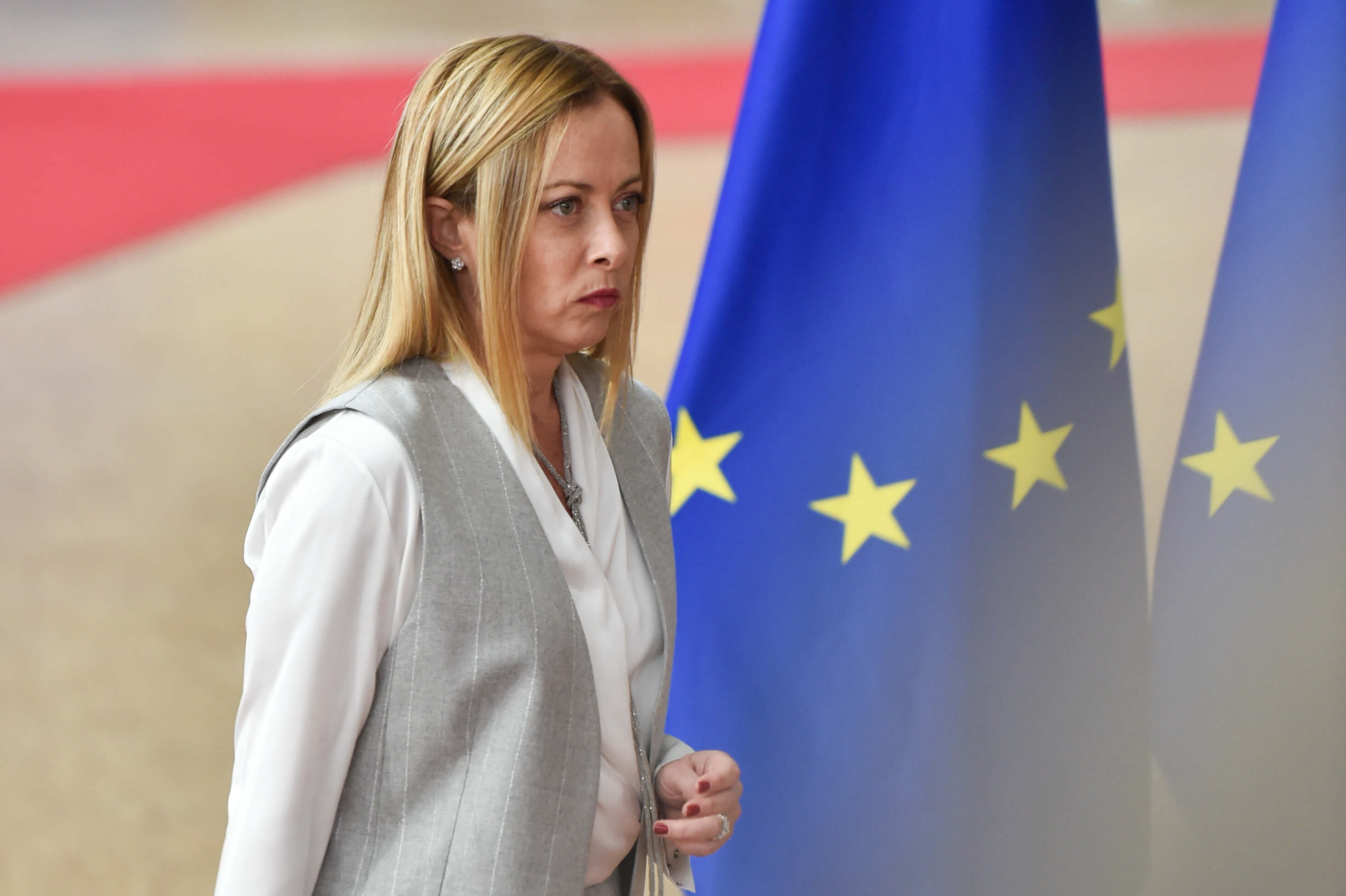The very way in which the leaders of the most influential European countries have gathered in Paris points to a comprehensive reorganisation of what has long, but carelessly, been referred to as a common European political space.
French President Emmanuel Macron has called an "emergency" meeting" because he rightly believes that he is the only leader in the EU with enough internal legitimacy to do so, but also enough authority for all those invited to accept this invitation.
Germany is in the final week of the election campaign, virtually without a leadership with authority, and Britain, as a non-EU country, must accept the role of guest. For the time being.
President Macron has deliberately bypassed the common EU institutions as a place where Europeans should naturally make decisions, including the most important ones at the moment.
It would be a waste of time to summon the EU leaders to Brussels for an emergency meeting in response to the strong challenge posed by US President Donald Trump. Moreover, such a meeting, probably chaired by European Council President Antonio Costa, would be a clear confirmation of Trump's diagnosis that Europe is weak, ineffective, and incapable of solving major crises, even in its own backyard.
Moreover, the meeting of all 27 EU leaders in a standard Brussels-style format would be another of the many gifts Moscow has received in recent weeks in its long-standing endeavour to have a divided, even quarrelsome Western bloc on the other side.
All dividing lines
In this way, Macron has rallied the most economically, politically, and, above all, militarily powerful parts of Europe, including Britain. Supporters of politics that will be agreed on their behalf by the most powerful are not invited to Paris.
This dividing line has existed since the EU's founding, and the Paris meeting will only formalise it. From Paris on, it will become a fact, as a result of which the strength of the common institutions in Brussels will diminish drastically.
The only country that has managed to join the club in the last three decades is Poland. It is possible that this would not have happened if there had been no Russian aggression against Ukraine and if Poland had not taken the lead in advocating Western support for Kyiv, accompanied by a rapid increase in investment in its military.
European leaders are accelerating the reshaping of their unity mechanisms starting today
Under pressure from the US turning its back on the European alliance, European leaders are accelerating the reshaping of their unity mechanisms starting today.
This path does not yet have a visible outcome, but it could resemble Emmanuel Macron's old initiative of three concentric European circles—three circles of power, responsibility, and privilege—as a way of overcoming European inefficiency.
Since 2018, when Macron launched this idea, it has neither progressed nor found significant support on the continent. The circumstances in which the new European assembly takes place could breathe new life into Macron's plan.
Old and new Europe
British PM Keir Starmer responded quickly to Macron's call, drastically increasing the prospects of a new post-Brexit rapprochement between the UK and the EU.
Moreover, his announcement about the participation of British soldiers in a possible post-conflict European mission in Ukraine is a sign of London's ambition to not only participate in a common European response but to take a leading role in it.
Macron's emergency meeting will institutionalise the division between "old" and "new" Europe
Therefore, Macron's emergency meeting will institutionalise the division between "old" Europe, which will gather in Paris, and "new," primarily the one in the East, which will be tested to determine whether it will follow the path of its more influential European friends or seek an opportunity for itself in Trump's new European policy.
In this respect, Hungary has already spoken in favour of the second option. In the run-up to the Paris meeting, its Foreign Minister, Péter Szijjártó, sharply accused Macron and his guests of being "war supporters."
“Today in Paris, pro-war, anti-Trump, and frustrated European leaders are coming together with the clear intention of obstructing a peace agreement in Ukraine,” said Szijjártó.
Final answer after the elections in Germany
After Trump's avalanche that descended on Europe, it is almost impossible to expect the EU to make important decisions in a functional way, especially as it is unrealistic to expect Hungary to be part of any consensus.
It is possible that Hungary will not be the only country where the principle of consensus-based decision-making within the EU is impossible. The government of Slovakia and its president, Robert Fico, are much closer to the positions of their neighbour, Viktor Orbán, than to those of "old" Europe, especially when it comes to Russia and Ukraine.
 Giorgia Meloni is tempted to align her country's policy more closely with American expectations and thus become Trump's most important supporter in Europe
Giorgia Meloni is tempted to align her country's policy more closely with American expectations and thus become Trump's most important supporter in Europe
Even within the bloc of the most powerful, Trump's challenge could lead to serious divisions. Contrary to the expectations of many Europeans, Italian PM Giorgia Meloni was one of the most influential advocates of military and other support for Kyiv in its defence against Russian aggression.
However, given the shift in US policy towards Europe, PM Meloni is tempted to align her country's policy more closely with American expectations and thus become Trump's most important supporter in Europe.
The response to America that the most influential Europeans are drafting in Paris will only take final shape after the results of the German parliamentary elections on Sunday.
In anticipation of a government with a conservative prime minister, this will also be the response to the reorganisation of relations within the EU. Given the UK's strong involvement in the common European security course, European unity on Russia and Ukraine will remain a priority for Germany after the elections in terms of the quality of transatlantic relations.